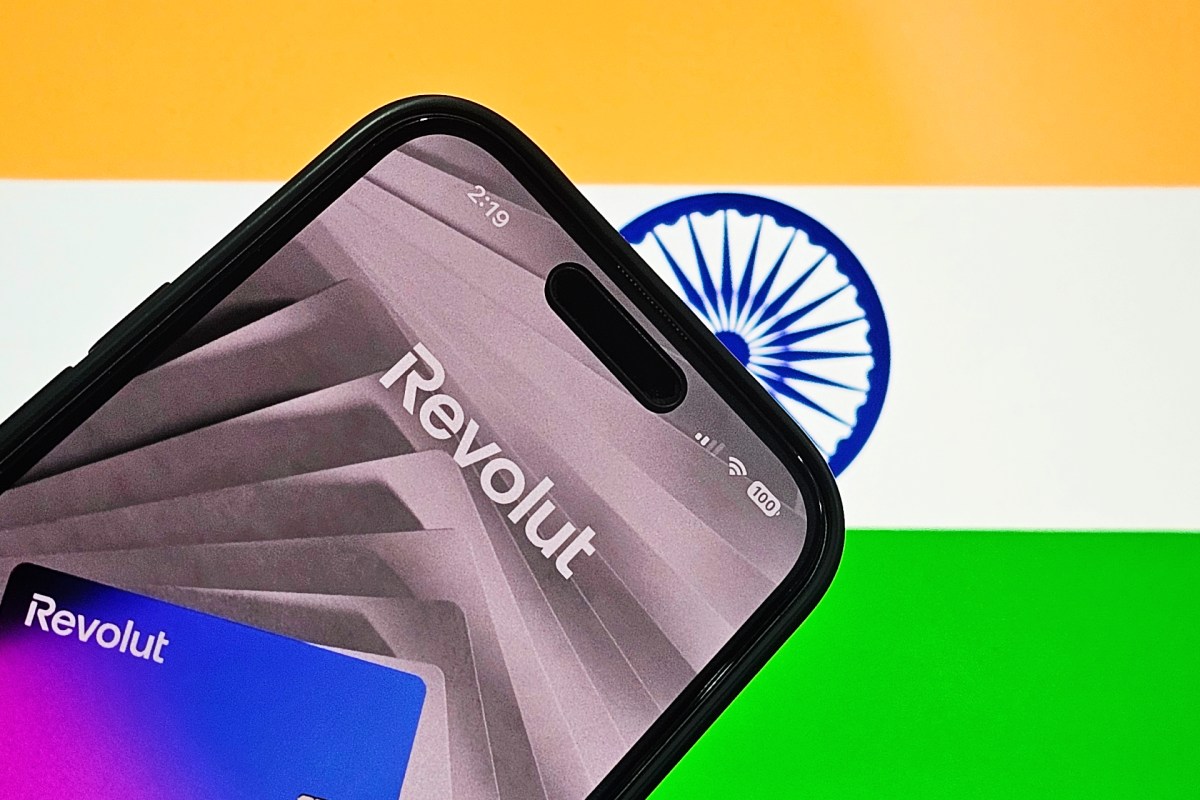
British fintech firm Revolut, now entering the Indian market, points out that cross-border payments are still an under-addressed area in India’s financial services. They estimate that Indians spend approximately $30 billion annually overseas, incurring roughly $600 million in bank fees — charges the India head deems “criminal.”
“It has been the domain of banks,” Revolut India CEO Paroma Chatterjee told TechCrunch. “Whether you go to your bank for currency, foreign exchange, or a travel card, there have been substantial charges applied.”
Revolut has been preparing for its India launch since 2021, intending to address perceived shortcomings in the nation’s foreign exchange and conventional payment systems. The London-based fintech acquired Arvog Forex in 2022 to secure a license, allowing it to offer remittance and multi-currency account services in India. Furthermore, in April of this year, it obtained a prepaid payment instrument (PPI) license from the Reserve Bank of India, which enables the issuance of prepaid cards, support for digital wallets, and integration with the government’s Unified Payments Interface (UPI).
With these regulatory approvals, Revolut plans to compete with traditional Indian banks and challenge existing fintech companies. The British startup is focusing on over 150 million “digitally native” Indians aged 25 to 45 with global aspirations, aiming to attract around 20 million users by 2030 and handle at least $7 billion in transactions.
Chatterjee stated that these regulatory approvals — including the PPI license — enable the fintech to deliver a more distinct experience compared to players dependent on bank collaborations. “We can provide the kind of customer experience that we aim for,” she said.
Revolut will provide Indian consumers with a prepaid wallet that supports UPI, along with its own UPI handles, a domestic Visa card, and a multi-currency international Visa card. The company will also launch dedicated kids and teens accounts linked to parental profiles, a subscription-based model, and budgeting and analytics tools to offer insights into spending behaviors.
The startup notably has regulatory permissions in place to facilitate both domestic and international payments and transfers via its platform. It is also authorized to provide same-day remittances from India through a local banking partnership.
Techcrunch event
San Francisco
|
October 27-29, 2025
Unlike numerous Indian fintech companies employing minimal know-your-customer (KYC) procedures to rapidly onboard users for limited, low-value transactions, Revolut will exclusively offer full-KYC wallets. The fintech will also screen new users against global sanctions lists, including those from the Office of Foreign Assets Control and the United Nations. Chatterjee mentioned this approach is geared towards attracting “high-intent customers” willing to undergo a more thorough onboarding process, including Aadhaar and video verification.
“Individuals will only proceed if they intend to use the product. Therefore, these fully KYC-compliant onboarded customers will be our key customer metric,” she explained.
“In a market like India, mere curiosity results in downloads once you are listed on the App Store,” she stated. “However, that’s not how we measure success.”
The fintech also intends to evaluate its success in India based on the level of user engagement and profitability, rather than just expanding its user base.
“Some companies boast about having 300–400 million customers,” Chatterjee told TechCrunch. “Revolut, with 65 million customers across 39 countries, is valued at $75 billion. This is due to the fact that Revolut processes over $4 billion in transactions and generates over a billion dollars in profit from these 65 million customers. Consequently, in any given month, more than 25 million of these customers are active.”
She is referring to Revolut’s recent valuation announcement that followed a secondary share sale last month, which increased the valuation from $45 billion last summer.
Revolut already has over 350,000 individuals on its waitlist in India, which it intends to onboard later this year before opening the app to new users, she added. However, the precise launch schedule will depend on how quickly the company processes the waitlist and completes the KYC and anti–money laundering (AML) checks of customers.
The startup is also considering partners besides Visa, such as the Indian government’s RuPay, to broaden its product offerings and provide customers with a choice of networks.
Revolut has already invested $45 million in India to start its operations and adapt its entire tech stack to comply with the country’s data sovereignty regulations. It intends to invest more as its operations commence, according to Chatterjee.
Of Revolut’s 10,000 employees globally, approximately 3,500 are located in India, making it its largest workforce worldwide, even surpassing that in its home market, the U.K. Some of these employees also contribute to the products and features available in markets outside India.
Despite Revolut’s ambitious plans, it will still encounter competition upon arrival. While foreign exchange in India is predominantly handled by banks, fintech players like Niyo, Scapia, Fi, and BookMyForex are already participants in India’s cross-border and remittance market.





